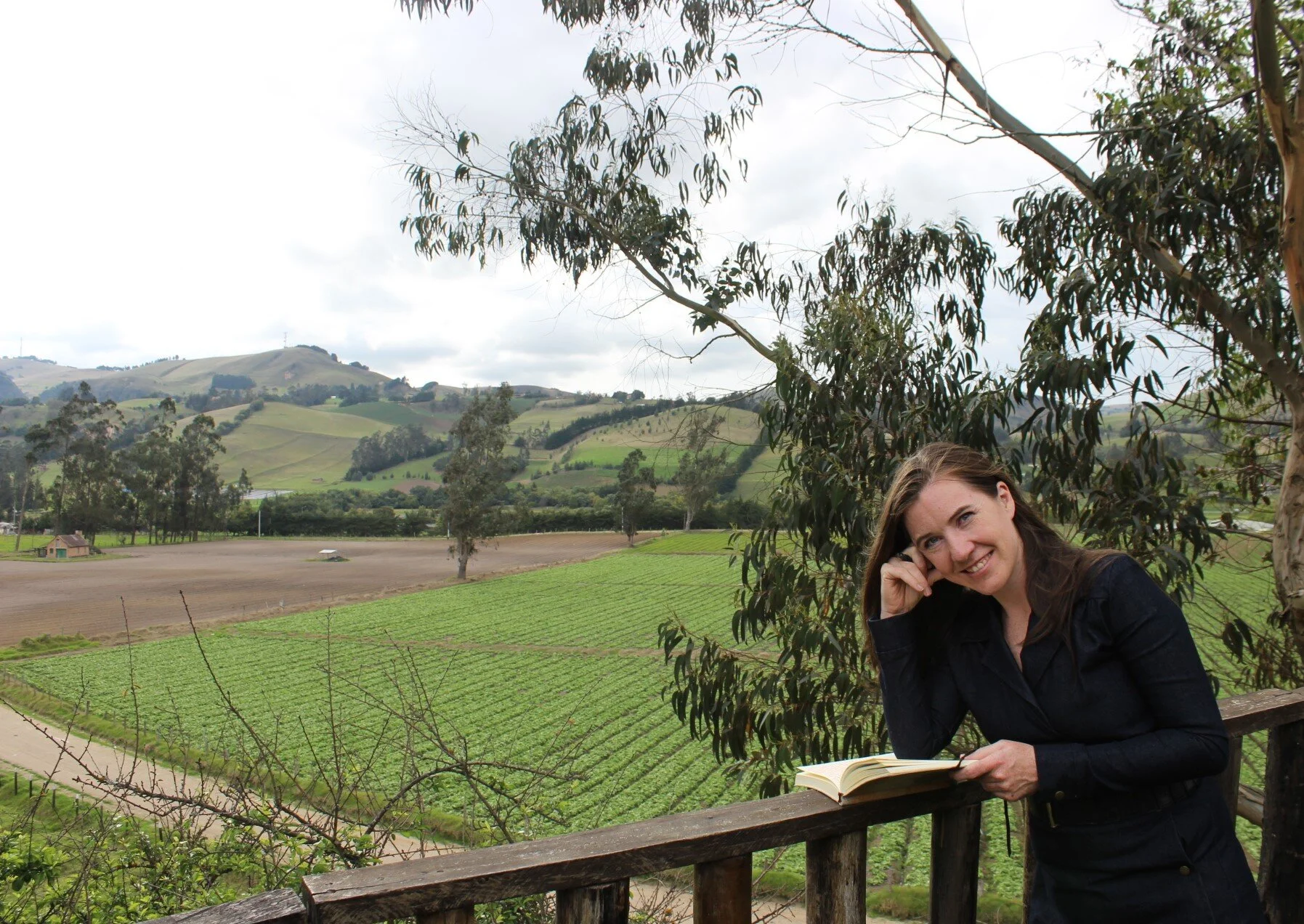The Secret Motivator Behind Every Word
/In my experience as a writer there are certain touchstones that carry you from the first page of writing a book, to the last. For me, one of these has always been exploring etymologies. When I begin to write a story, I pick a few important words that capture the essence of what I’m writing and then I look up the etymologies. I continually go back to them. They become my magic words, the abracadabra of the project
Actually, when I was leaving home to go to college one of my graduation presents was a beautiful red dictionary, and I remember sitting on my dorm room floor, and just getting lost in the labyrinth of the meaning behind the meaning behind the meaning of words as you go back through the centuries. It’s like discovering the secrets of things people say every day, but they don’t know what they really mean.
For instance, some really popular etymologies are what I call the “spirit group.” Words that come from the Latin word “espiritu” such as inspiration and respiration. Espiritu refers to both breath and spirit, in other words the energy force that enters the body. It gives both words so much more depth to know how they’re interconnected.
The idea for my book The Meaning Method emerged out of one word: “meaning.” When I read the etymology, I was fascinated. It goes back to the Old English and Germanic words menen and meinen, which mean “to revolve in the mind, think.” Those two words have an Indo-European origin that goes all the way back to Sanskrit. Sanskrit words are mystical. They are the seeds of mantras repeated by gurus throughout history. The word meaning has is rooted in the Sanskrit word manas. So, I Googled manas and hit literary pay dirt. The online dictionary “Spoken Sanskrit” translates manas as imagination, intention, mind, desire, opinion, reflection, thought, conscience, affection, spirit, intellect, mood, and most interestingly “breath or living soul which escapes from the body after death.” That's a pretty cool motivator to write a book! So I carried it with me throughout the process.
Not only did this etymology keep me inspired, it also became a "Pen to Paper" exercise in the book itself. Try it out. Choose a handful of words that are integral to your story. Then get out your dictionary. Some words will be diamonds while others might not be as interesting, but it can become and go down that magical rabbit hole.

